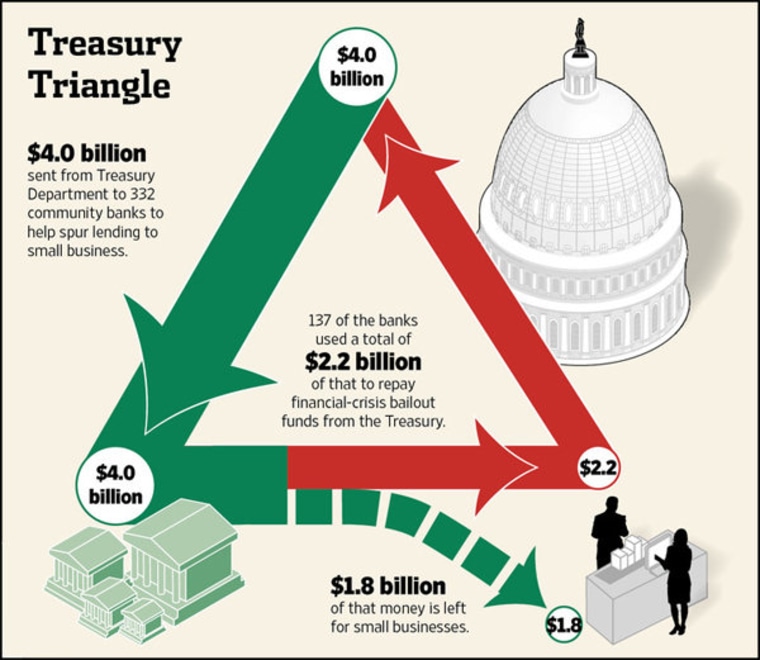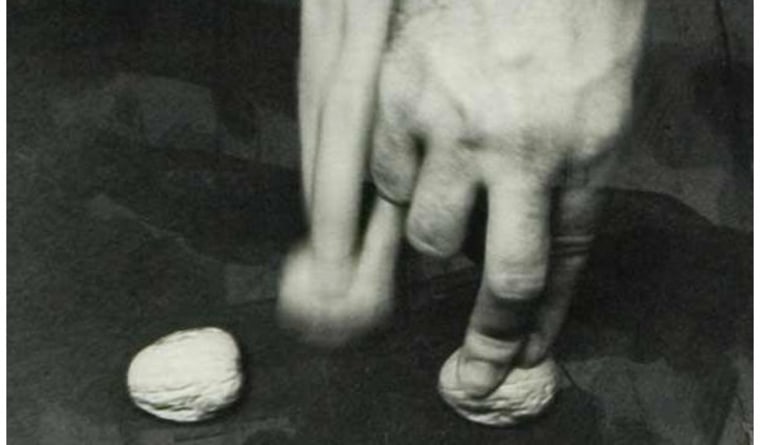Last week, the always excellent Charles Pierce wrote up the Occupy Wall Street protests and the motivations of its participants. Included among those motivations is a general sense of being scammed. It's hard to demand new rules when it seems like the existing rules are already being ignored.
They appear inchoate because their target is so diffuse — an accelerating sense in the country that there is no pea under any of the shells, that the red Jack is not in the deck, that the wealth of the country is being swindled and gambled and frittered away by so many people in so many ways that to sharpen the focus on one of the long cons is to let a dozen others reach fruition.
The shell game metaphor stayed with me, maybe because I lost $20 to a three card monte scam while visiting New York City before I moved here. Obviously, I've since learned that there's no winning a shell game. The whole point is that it's rigged. You lose just by playing.
A few days after seeing the Pierce piece I read this article in the Wall Street Journal about banks using federal money meant to be used for small business loans to pay off their TARP money. Small businesses are having trouble securing loans. We, as a country, need these small businesses to get these loans so they can invest, grow and do some hiring. So the federal government loans the money at a cheap rate to banks to loan to the businesses. But banks already owe on their TARP bailout money, and at a higher rate than this small business loan money, so instead of using the money for its intended purpose, it is redirected and disappears into the bank's own debt repayment.
"It's a bit of a shell game," acknowledged John Schmidt, chief operating officer of Heartland Financial USA Inc., a Dubuque, Iowa, lender. Heartland received $81.7 million from the fund, and it used the full amount to retire TARP obligations.
The diagram with which the Wall Street Journal illustrated the article makes the metaphor even more apparent:

And then last Thursday Rachel looked at the role of 501(c)(4) organizations in campaign funding in her introduction to her interview with Lawrence Lessig. The basic sketch of our campaign finance system is that you start with a transparent and accountable individual donor system, shuffle that to a SuperPAC, removing the limits on donation amounts, and shuffle again to a "C4" where the transparency and accountability is removed.
Check it out! check it out! Ten'll get you twenty, twenty gets you forty! Money moves from the "C4" to your SuperPAC. Ten'll get you twenty, twenty gets you forty! Show me the donor!
You've already lost just by playing.
